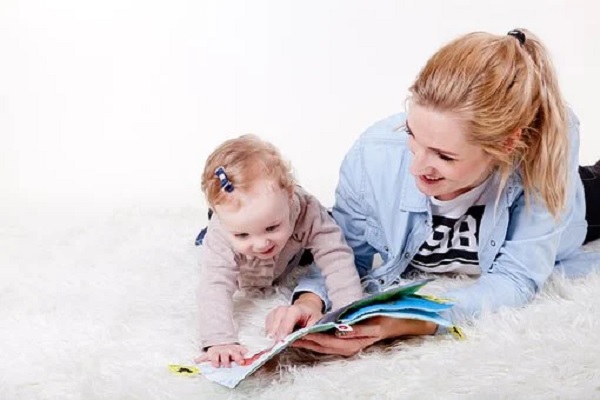
Follow us Now on Telegram ! Get daily 10 - 12 Interesting Updates. Join our Telegram Channel https://t.me/OhWomen
Download Telegram App before Joining the Channel
Childbirth seems to invest women with a sharper, improved memory. Mothers performed better in tests regarding the ability to perceive and remember information about their surroundings compared with those who didn't have children.
Melissa Santiago from Carlos Albizu University in Miami, US, who led the study, said the findings negate the belief that women experience a decline in memory and cognitive function after they have children. "You don't have to feel that because you have kids, your memory isn't the same," she said.
Previous studies on the topic have had mixed results: some showed motherhood hurts cognition, and others showed the opposite. Santiago analysed information from 35 first-time mothers whose children were aged 10 to 24 months, and 35 women who had never been pregnant.
To test such memory, the women were shown a paper containing six symbols for 10 seconds, and then asked to draw what they remembered. This task was repeated several times. The first time women were shown the paper, both groups remembered about the same amount, according to the Daily Mail.
On the second and third occasions, mothers performed better than those without children, indicating that the mothers garnered more information each time than the other women.
Later, the women were shown a variety of different symbols and asked to remember which ones were present on the earlier task. Again, the mothers displayed a better memory. In pregnancy, many physiological changes happen to the body, and previous research has suggested the brain even shrinks up to five percent.
It returns to its normal size six months after childbirth, and during this time of re-growth, the brain may re-map itself in a way that is responsible for the memory changes seen in the study, Santiago said.
These findings would be presented at a meeting of the American Psychological Association in the US.
Source - IANS